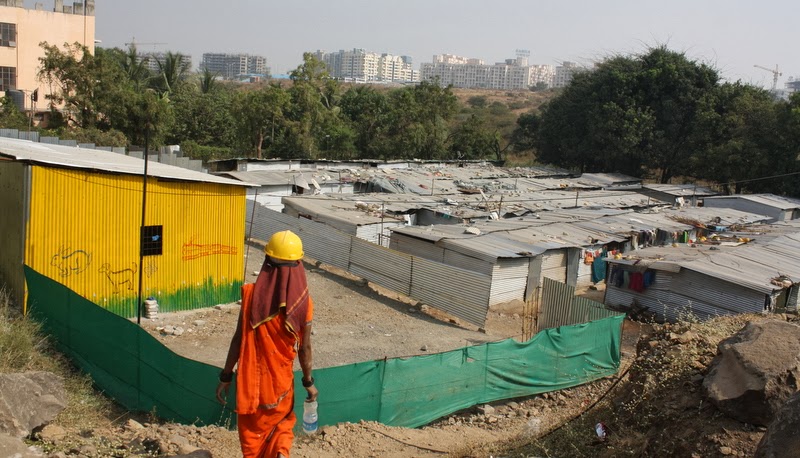A Women’s mock Parliament is seeking to solve some of the major issues that women face across India. The enormously successful mock Parliament has unleashed years of pent-up angst, as women activists-members used evidence and their oratory skills to present a range of issues that impact them as well as an alternative vision of political participation where women are heard and given due importance.
The Women’s Parliament was organized by ActionAid’s Beti Zindabad campaign in 2012 and has worked with women’s organizations in 20 states, trying to give women a more active voice that can make a strong political comment. Since then, the campaign has evolved into a large movement that examines issues faced by women and girls at various stages of their life, taking into account their geographical and social contexts.
Monemma was one of the 80 participant women activists. Having spent her childhood as a bonded laborer who was rescued a few years back by a human rights organization, she believes that “Too much time has been lost already. Women are oblivious of their own value and are spectators to the unfolding of their destinies. I am committed to giving women a voice and unleashing their inner potential.”
She said that nearly 25,000 families of her tribal community are still under bondage situations. More than 12,000 acres of land that belong to them is in the hands of powerful local land owners. There is no one to fight on behalf of these women and give them back what is rightfully theirs, so they continue to live in abject poverty, exploitation and helplessness. She urged Revenue and Labor officials to visit the location, take stock of the situation and initiate the necessary steps of rescue and rehabilitation.
Trafficking and child marriage, acid attacks and domestic violence, female infanticide, rising sex violence, transgender issues, gender-based discrimination, health and sanitation, women’s political participation, social security, disability, wage inequality, workplace harassment, issues of minorities and tribal women, and unfair land distribution are some of the chronic conditions that women have been living with for generations. Campaigns and enactment of laws has brought about some awareness but change is yet to be seen.
The Women’s Parliament, the first of its kind in India, is one way of articulating these challenges. The women ‘parliamentarians’ demanded more effective monitoring mechanisms that could evaluate the progress of enacted laws and their enforcement, pushing up accountability of governments. What the Women’s Parliament has done is to draw up a very articulate wish list. The Parliament has even come up with some plausible solutions like having Protection Officers for domestic violence cases in every state. It is evident that Women Parliament members mean business.
As a former member of the Planning Commission remarked, “These women are not going to be easily placated and satisfied. We in the government have to become more responsive. I am going to push for some of the issues raised at this platform to be tabled in the Parliament’s ongoing Winter Session.” The mock Parliament might has ended but the women activists have returned home with a little more hope.
Source: thebetterindia.com











































